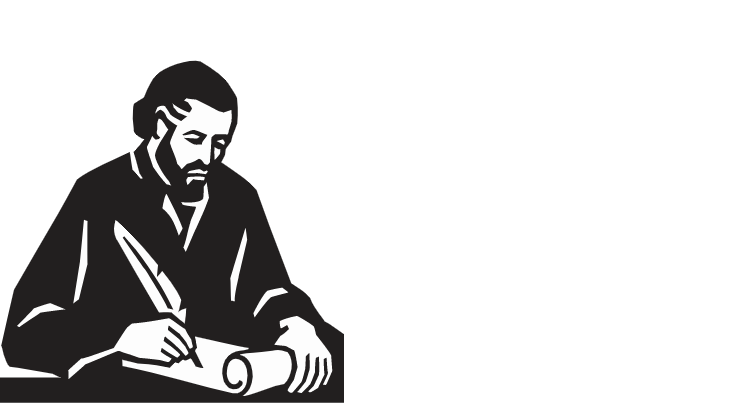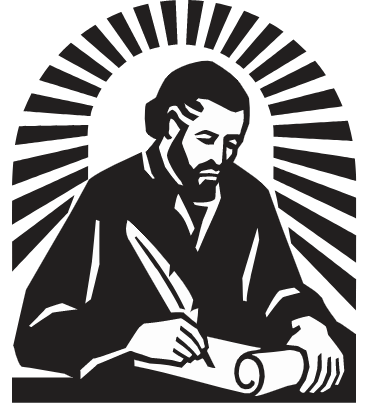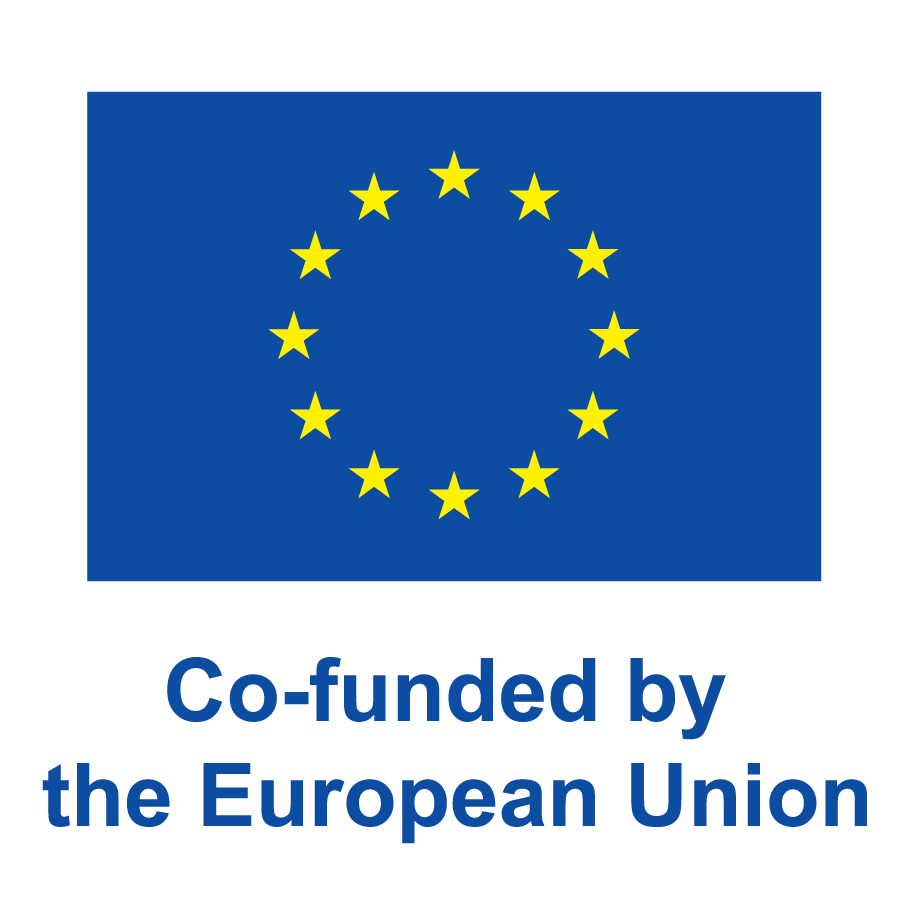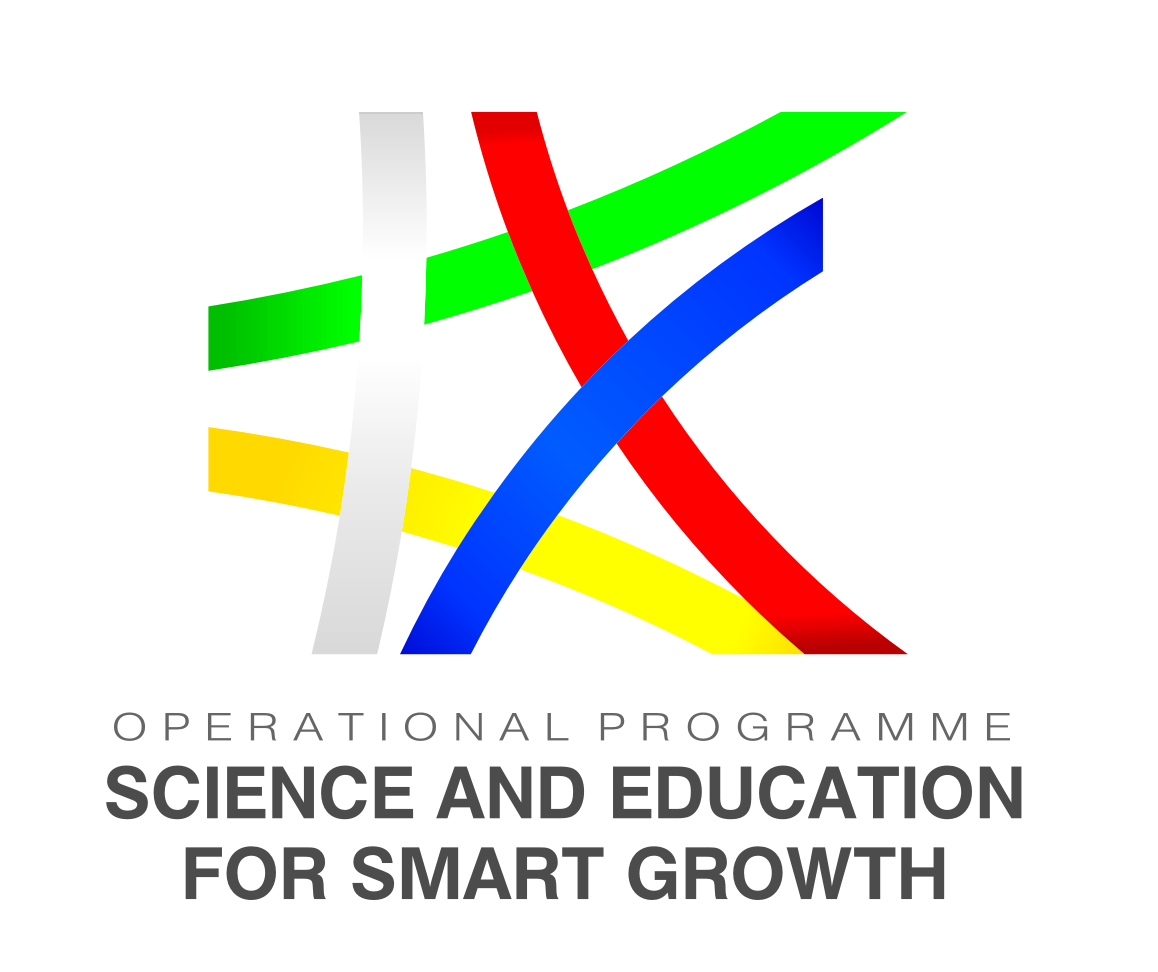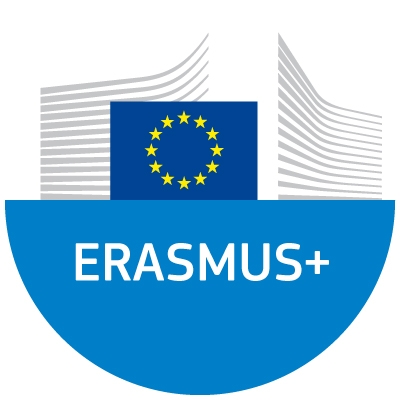Applied Linguistics
- Applied linguistics (English & Spanish)
- Applied linguistics (English & German)
- Applied linguistics (English & French)
- Applied linguistics (English & Chinese)
- Applied linguistics (English & Korean)
- Applied linguistics (English & Italian)
- Applied linguistics (English & Russian)
- Applied linguistics (English & Czech)
- Applied linguistics (English & Polish)
- Applied linguistics (English & Serbian with Croatian)
- Applied linguistics (English & Greek)
- Applied linguistics (English & Turkish)
- Applied linguistics (French & Spanish)
- Applied linguistics (French & English)
- Applied linguistics (French & Italian)
- Applied linguistics (German & Spanish)
- Applied linguistics (German & English)
- Applied linguistics (German & Chinese)
- Applied linguistics (Spanish & English)
- Applied linguistics (Spanish & French)
- Applied linguistics (Spanish & German)
- Applied linguistics (Spanish & Russian)
Professional field: Philology
Educational qualification: bachelor
Professional qualification: philologist, interpreter and teacher in the main language in the profile
Period of study: 8 semesters (4 years)
Forms of study: regular
Evaluation scoring: see annex #1
The bachelor program in applied linguistic prepares specialists translators in two foreign languages (the first one is English, German, French or Spanish and the other one is chosen by the student – Russian, Spanish, Italian, English, German, French, Chinese, Korean, Czech, Polish, Serbian with Croatian, Greek or Turkish). The program has both theoretical and applied characteristics – it's main aim is providing for the expanding social need for highly qualified translators and teachers in the globalizing world.
Students studying this specialty gain fundamental philological knowledge (in the spheres of linguistics, literature and cultural studies) and overall knowledge and translating competence in both languages. The graduates can find their professional realization as translators in different areas of economical and cultural life.
The curriculum includes study of obligational disciplines, providing the necessary for the translator fundamental philological knowledge about both of the languages chosen. Through the module based eligible disciplines, students can easily choose the profile for their education according to their interests and personal preferences for their future professional realization as translators and interpreters. The optional disciplines amplify the student education according to their preferences. The credit-based system applied allows students mobility in and outside the country.
The program does not require preliminary knowledge in the second language.
Last update 19 February 2026
